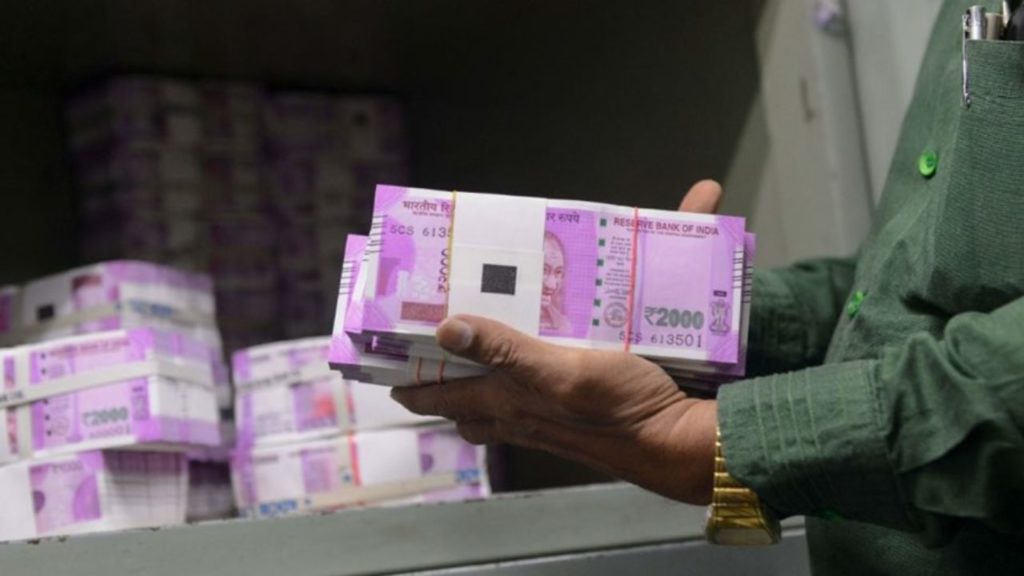The savings account is important for everyone to benefit from government schemes and facilitate digital transactions, nowadays. There is no limitation on the number of bank accounts one can open in India, leading many individuals to keep multiple accounts. Savings accounts keep money safe and earn interest periodically. While a minimum balance is needed in most accounts (excluding zero-balance accounts), there is no authoritative cap on the maximum amount one can hold in a savings account.

Rules for Cash Deposits
You can deposit any amount into your savings account without any upper limit. However, if the deposited amount is substantial and falls under the income tax bracket, you must disclose the income source. Specific regulation apply to cash deposits:
The person must provide a PAN number for deposit of ₹50,000 or more. The daily cash deposit limit is up to ₹1 lakh. The Occasional large deposits of up to ₹2.5 lakh is allowed if not done regularly. The Annual cash deposit limit is of maximum of ₹10 lakh in a financial year across all the accounts.
Income Tax Department Oversight
The Income Tax Department closely keep an eye on cash deposits exceeding ₹10 lakh every year. Banks must report such deposits, encouraging individuals to mention the income source in their tax returns. Failure to give sufficient information can activate an investigation, and if found non-compliant, heavy penalties are imposed. Non-disclosure of the income source draws a 60% tax, a 25% surcharge, and a 4% cess on the deposited amount.
These regulation aim to regulate cash flow, make sure tax compliance, and check unaccounted money circulation.












